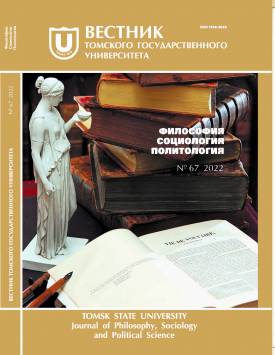Some possible approaches to the problem of indexical reference
The article deals with the problem of indexical reference in general and the reference of the first-person pronoun “I” in particular. First, I briefly present David Kaplan’s semantics for indexical expressions based on the character/content distinction and point out some of its difficulties related to the alleged identity between the context of utterance and the semantically relevant context, i.e., the context relevant for indexical reference determination. Because of this identity, the Kaplanian semantics cannot account for many successful communicative situations where speakers use indexical utterances. The most famous example of such a situation is Alan Sidelle’s answering machine paradox, which requires the utterances of “I am not here now” to be true, but according to the Kaplanian semantics, these utterances should be necessarily false. Second, I overview the different solutions to the paradox as well as to other similar cases presented by a variety of Kaplan’s critics. Most of them (except Sidelle himself) insist on modifying the Kaplanian semantics. I consider three such approaches to modification (the intentional, the conventional, and the communicative ones) and conclude that their common idea of distinguishing between the context of utterance and the semantically relevant context presupposes another account of the relationships between semantics and pragmatics. Finally, I argue that the discussed modification does concern only semantics of indexical expressions and should not be confused with their pragmatics. The reason for that is the very nature of semantics: any successful semantic theory should explain what the reference of linguistic expressions is and how it is fixed. The context-dependence of indexical reference does not change the goal of semantics, it only makes it more difficult to achieve. The author declares no conflicts of interests.
Keywords
indexical, meaning, reference, context, semantic, pragmaticsAuthors
| Name | Organization | |
| Kozyreva Olga A. | Ural Federal University named after the first President of Russia B.N. Yeltsin | olgakozyreva@mail.ru |
References

Some possible approaches to the problem of indexical reference | Tomsk State University Journal of Philosophy, Sociology and Political Science. 2022. № 67. DOI: 10.17223/1998863X/67/23
